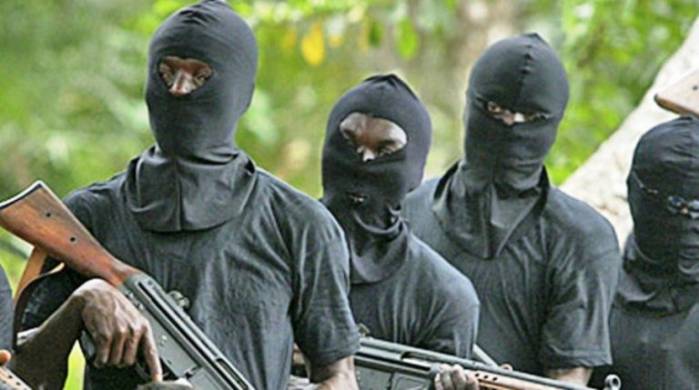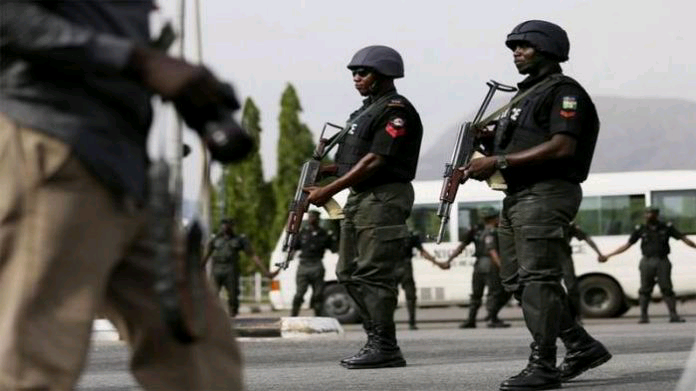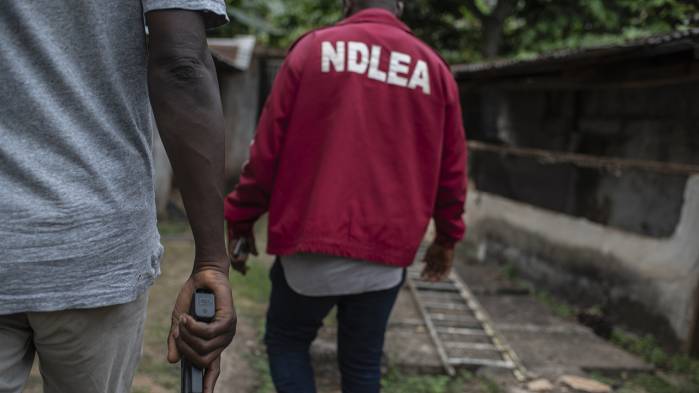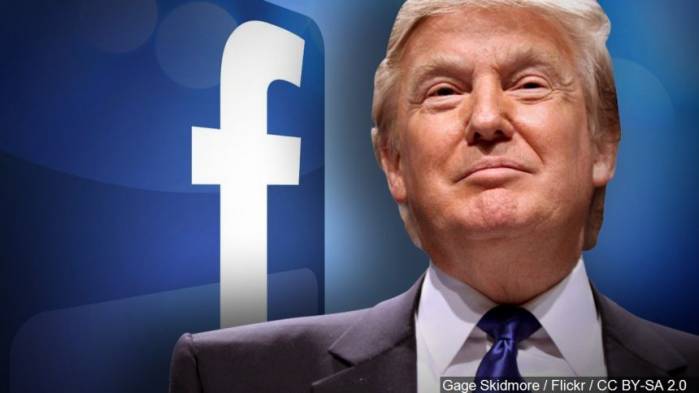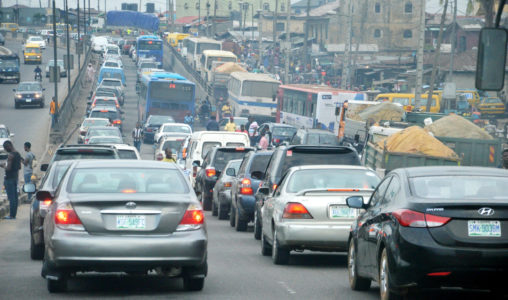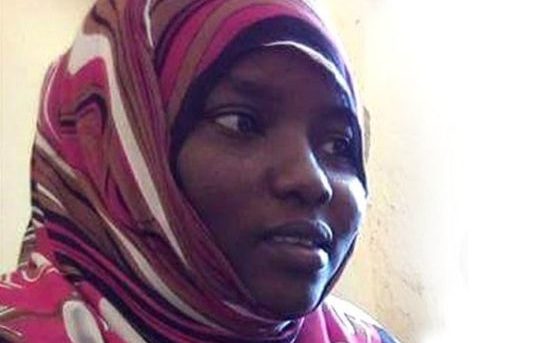Nojim Maiyegun made headlines at the Tokyo ’64 Olympics when he won Nigeria’s first medal. Fighting in the Light Middleweight division, the boxer bagged bronze [with Jozef Grzesiak of Poland] after losing in the semi finals. Russia’s Boris Lagutin got lucky with the gold medal, silver went to Joseph Gonzalez of France.
There were expectations that it would not be long for the country to go for gold at the Olympics because pugilism had put us on the world map earlier. It began with Hogan ‘Kid’ Bassey who won the World Featherweight title in 1957 after outpunching Cherif Hermia of France in Paris. Richard ‘Dick Tiger’ Ihetu improved on that when he grabbed the Middleweight belt after stopping American, Gene Fullmer in 1962.
Bassey and Tiger were professionals. Maiyegun was an amateur. The first Nigerian boxers to take part in the Olympics were the quartet of Joseph Okezie, Karimu Young, Joseph Kalu and Olufemi Moseley. At Rome ’60, their best was not good enough for a medal. Karimu was also at the Tokyo ’64 Games, losing in the Bantamweight quarter finals. The gold medal went to Japan’s Takao Sekurai who later sold steaming coffee in a Tokyo shop named ‘The Medalist’.
Boxing had become so popular especially in Lagos where Remand Homes produced a clutch of fighters. They moved on to clubs that sprang up on the Island. Names like Speedy Twitch, Dick Turpin, Teddy Odus [ Samuel Adebisi Odusote] Kid Ilori, Jimmy Zale, Sammy Idowu Langford became popular. There
were others like Rafiu King , Cyclone Barth, Orizu Obilaso, Eddie Patterson, Joe Luis Onwuma, Ayo Bolmer, Rose Ilori and Rasak Omoyele.
One popular boxer who wooed enthusiasts was Sulaiman ‘Small Montana’. He adopted the nickname from Filipino prize fighter, Benjamin Gan. Sulaiman was also a very good footballer. In 1952, he was a member of the Lagos Pan Bank team that defeated Warri 6-0 to win the Challenge Cup. Some of his team mates were Captain Dan Anyiam, Keeper Sam ‘Magnet’ Ibiam and striker Teslim ‘Thunder’ Balogun.
The duo of Dick Tiger and Abraham Tonica [Assassin] Nwachukwu who were not groomed in Lagos became outstanding outside the country. The former moved to the United Kingdom and by 1958 became the British Empire Middleweight champion after beating Paul McAteer, in Birkinhead, Liverpool. The latter held the Spanish Middleweight belt following victory over Laz Murano.
Dick Tiger was the face of boxing in Nigeria in the 1960s. In 1966, he moved up to the Light Heavyweight and captured the crown after battering Jose Torres. This earned him global applause as Ring Magazine chose the Champion as Boxer Of The Year twice. Unfortunately, 1966 turned out to be a year of crisis in his home country.
And that seemed to have affected boxing. At the Mexico ’68 Olympics, some boxers from the Eastern Region had gone back home and took part actively in the Civil War. Nigeria’s best was Fatai Ayinla who could not go beyond the quarter finals in the Heavyweight. Maiyegun had been unable to do more than bronze at the Kingston ’66 Commonwealth Games.
Maiyegun, better known as ‘Omo Oloja’ relocated to Austria in 1971, a year to the Munich Olympic Games. He must have expected something better from his country when the contingent arrived. A medal came, no difference from what he won in Tokyo. Isaac Ikhuoria left Germany with a bronze in the Light Heavyweight.
Maiyegun turned professional in Austria. It was a fruitless career. He ended up doing menial jobs to keep body and soul together. It is unlikely that the boxer even disengaged formally from the Nigerian Navy. To add salt to injury, the Olympian went blind.
The search for an Olympic boxing gold has not yielded any reward so far. At Los Angeles ’84, Peter Konyegwachie came very close in the Featherweight only to lose in the final to home boy, Meldrick Taylor, of the United States. He won Nigeria’s first silver medal. It is on record that our first Olympic bronze, our first Olympic silver medal came from boxing.
READ ALSO: SPORT FLAKES: INSURANCE AND THEIR SNAKES
Chioma Ajunwa lifted Nigeria’s first Olympic gold medal in Atlanta. She was a boxer, she also played soccer but the gold came in Long Jump. And credit must go to our Long Jumpers. They began to make marks at the Olympics before boxers debuted in 1960.
Prince Folaranmi Adedoyin made it to the Long Jump finals at the London ’48 Games. He was a medical student of the Queen’s University of Belfast and represented Great Britain since Nigeria was not yet registered to take part. Other finalists after him were Kareem Olowu and Wariboko West.
There seems to be something holding Nigeria back from winning Olympic boxing gold. At Barcelona ’92, we presented David against ‘Goliath’. In the Heavyweight final, David Izonritei was up against Cuban legend, Felix Savon. Nigerians prayed and fasted. Savon, who apparently does not believe in God, got gold. We ended up with another silver. Another David [Tua] of New Zealand took the bronze.
Our David tried again. David Defiagbon was part of the Nigerian team to the Barcelona 92′ Games were our David Izonritei could not finish ‘Goliath’ Savon. Defiagbon was a Light Middleweight. He crossed over to Canada, added weight and fought as a Canadian in the Heavyweight at Atlanta ’96. In the final, his opponent was the same Savon of Cuba. Again, ‘Goliath’ battered David.
A Nigerian, Anthony Joshua, eventually won gold . It was at the London 2012 Olympics but this Shagamu boy won it for Great Britain. Today he is a professional and world Heavyweight champion. Before him there were champions like Herbie Hyde, Henry Akinwande and James Oyebola. They all won as Britons.
Davidson Andeh became the first African champion in the amateur ranks. He achieved it in the Lightweight category 42 years ago in Belgrade. His elder brother, Tony, was Commonwealth gold winner at the Kingston ’66 Games were Maiyegun picked bronze.
Samuel Ppeter could not go beyond the quarter finals at the Sydney 2000 Olympics. He later became the first African to win the world heavyweight title. Peter was also the first boxer to win that belt in Mexico. In 1988, Godwin Anyamene also emerges as world champion in Lagos.
Rev. Chris Okotie may have started a spiritual rebirth for the gold dream when he chose Maiyegun as winner of the 24th Karis Award. His church, Household of God, is also interested in rewarding great sports personalities. Hogan Bassey won when the Award debuted in 1998. Eagles’ legendary goalie, Emma Okala, got it in 2011.
Sports minister, Sunday Dare, led a strong delegation of the sporting family to the event. With him were Sydney 2000 gold medalist, Enefiok Udo Obong, Team Nigeria captain to the London 2012 Games, Olumide Oyedeji and President of the Nigerian Boxing Board of Control [NBBF],Dr. Rauf Ladipo. Also present were President of the Internal Sportswriters Association, Mitchel Obi and Chairman Brila Radio, Larry Izamoje.
I hope the coming of Dare and Okotie’s spiritual touch will give boxing a breather at the Tokyo 2020 Games. Maiyegun won Nigeria’s first Olympic gold in Tokyo in 1964. Dare is leading Nigeria to Tokyo in 2020.
Born on February 21, 1944 in Lagos, Maiyegun got married in 1962 and has three children.



